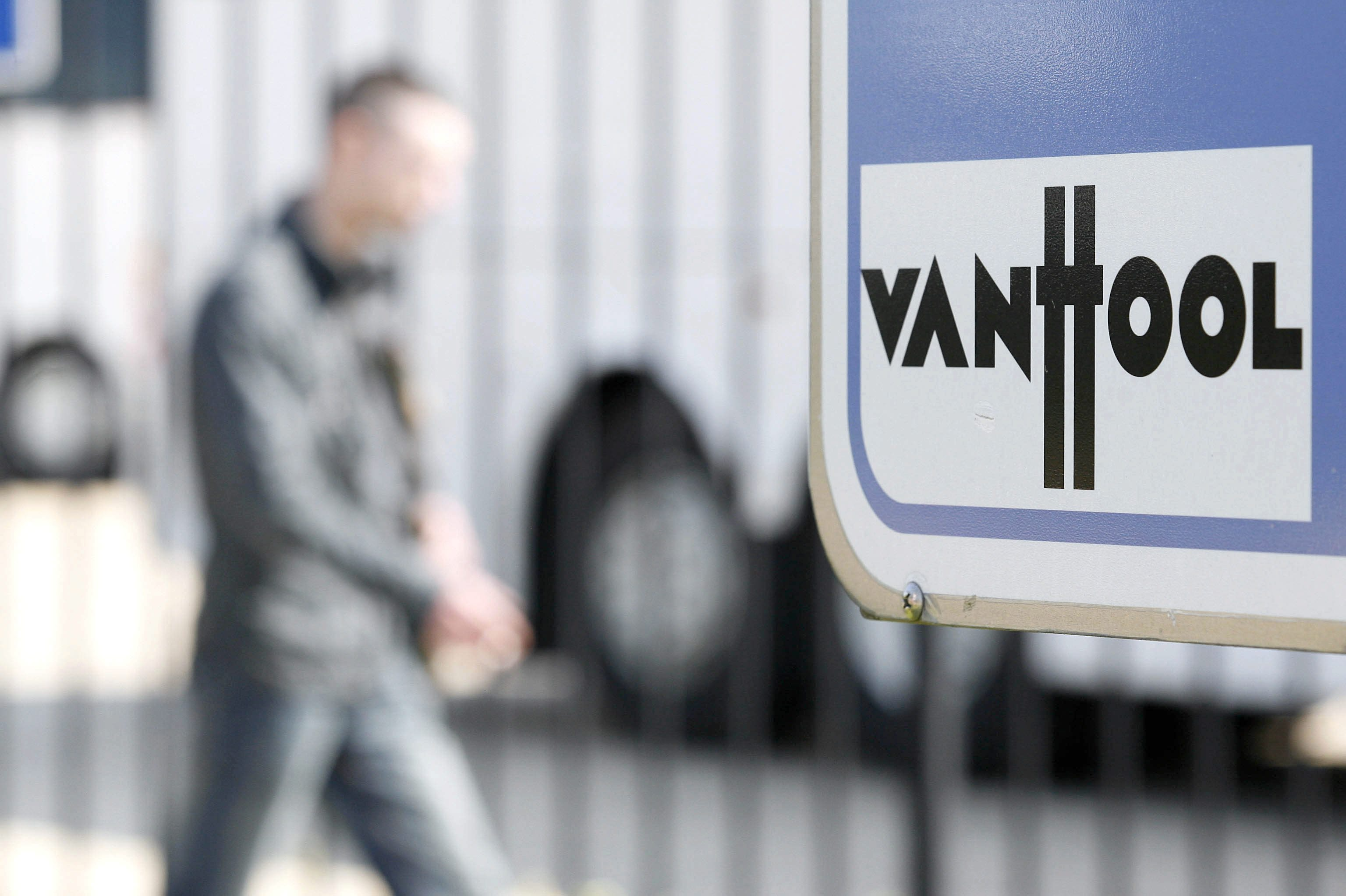
Van Hool: wrong horse or simply Murphy’s Law?

Van Hool is moving the production of buses entirely to North Macedonia to save on overhead /Belga
Belgian bus manufacturer Van Hool decided to cut almost half of its jobs at its headquarters in Koningshooikt after a series of cascading tr


Comments
Ready to join the conversation?
You must be an active subscriber to leave a comment.
Subscribe Today